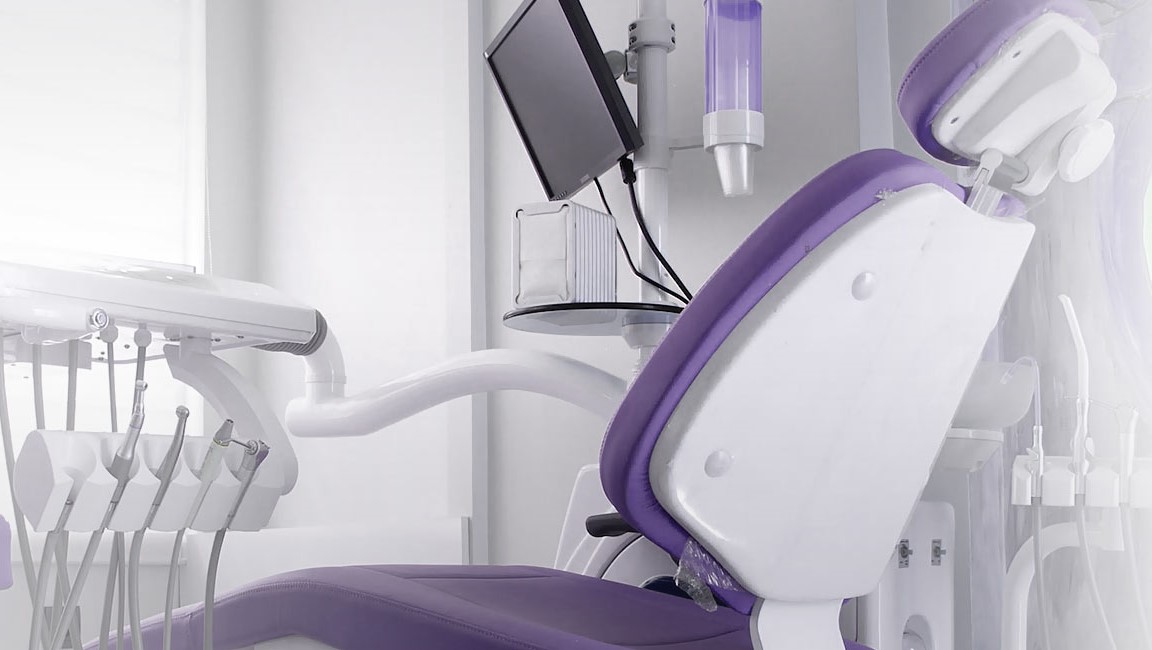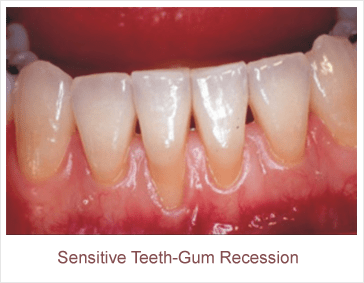- Address
- 26 North Park Boulevard
- Glen Ellyn, IL 60137
- Get Directions
- Phone
- (630) 858-8800
- SmileGlenEllyn@gmail.com

Gums, the fleshy covering of the jawbones inside our mouths, provide several vital functions, including serving as a protective shield for the roots of our teeth. Healthy gums extend all the way up to the base of the teeth, reaching the edge of the armor-like enamel that covers the exposed surfaces of these natural chewing tools. The roots are fully covered by flesh, and as a result have no coating of enamel, which would be superfluous.
However, under some circumstances, the gum can flow away from the base of the enamelled area, exposing the roots themselves. Known as “gum recession,” this has serious consequences for the health and longevity of your teeth if it goes untreated. The soft tooth material, called dentin, is exposed to the air with no protective “lacquering” of enamel in between.

The exposure of dentin due to receding gums can have several undesirable results, such as:

Gum recession, like practically everything else, happens in response to known factors. If these factors are present in a dental patient, they are a good indication that gum recession should by checked for. Some of the possible triggers for this condition include:
Solutions for Gum Recession Sensitive Roots
In many cases, gum recession can be dealt with by switching dental products. A dentist can give you solid, science based advice on which toothpaste and brush to use in order to halt the retreat of your gums. Some of the most commonly recommended are Colgate Regular and Rembrandt, which each have minimal abrasive tendencies or for treatment for receding gums.
Desensitizing toothpastes like Crest Sensitivity, Denquel, or Sensodyne are the next step up, and are often suggested if the roots are exposed enough to make brushing unpleasant or painful. In no case should people with exposed roots use tartar control toothpastes or those with abrasives, which will exacerbate the problems and be hideously uncomfortable to boot.
To increase your comfort when your gums are receding, avoiding acidic foods and drinks may be a prudent step, including citrus, yogurt, apple juice, and wine. If you do eat an acidic food, you should brush your teeth prior to consuming it. Brushing immediately afterward may cause problems and discomfort. Similarly, many commercial mouthwashes increase gum sensitivity of exposed roots. Cold liquids and foods (chilled drinks, ice cream, etc.) may hurt these roots, too.
The dentist’s office also has several beneficial receding gums treatment to offer. Every six months, you should visit your dentists to receive a fluoride treatment, which will lower the sensitivity of the exposed roots and greatly lessen the risk that decay will take hold. In cases where the roots are extremely tender, an additional procedure is available through high quality dentist’s offices such as ours. This involves coating the root surface with a transparent desensitizing fluid which soaks into the dentin and creates a protective layer atop it. Colored restorative agents are available for extraordinary cases where such a treatment is deemed appropriate. Occasionally even a dental laser can be utilized to seal the root surface!
If you would like to know more about gum recession solution, call (630) 326-5453 today or make an appointment online.
We’ve filled our website with information about our doctors, our team, and our services including family dentistry we offer, location, maps and business hours. Please feel free to take a look around to learn more about what we do and how we can help keep your smile healthy and stunning for a lifetime. We want you to feel confident that when you choose us, you’re choosing to receive the best dental care available.